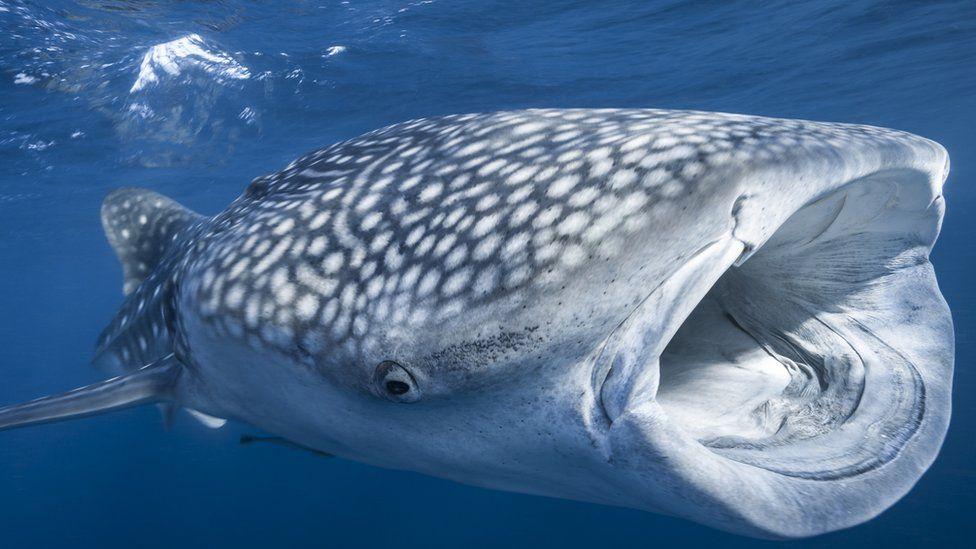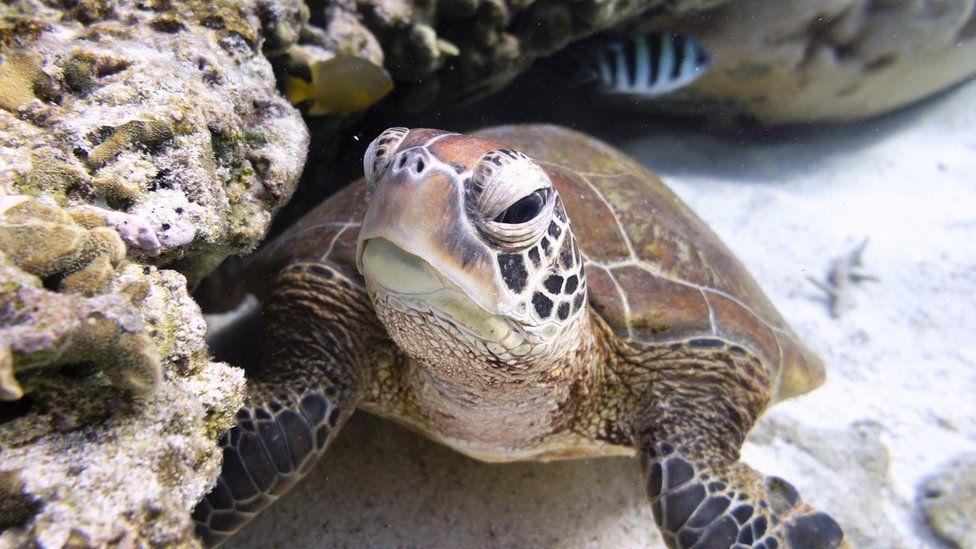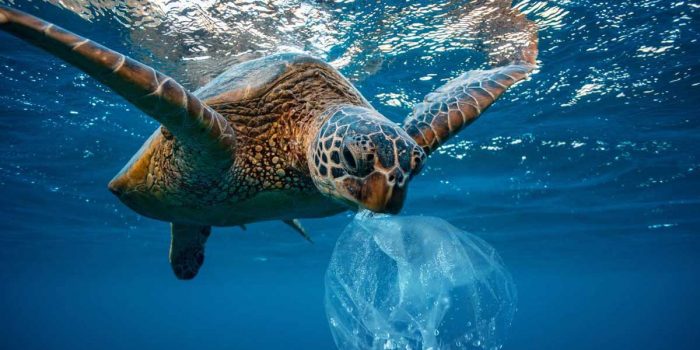The world’s oceans have been a hot topic for many years, as marine life and ecosystems are under threat from climate change, overfishing, and pollution. However, after a decade of negotiations, a historic agreement was reached on Saturday evening at UN headquarters in New York – the Ocean treaty. The High Seas Treaty aims to place 30% of the seas into protected areas by 2030, to safeguard and recuperate marine nature.
The negotiations had been held up for years over disagreements on funding and fishing rights. However, the agreement signals a new era of cooperation and collaboration between countries, and it is a significant step towards protecting our oceans and marine life.

The last international agreement on ocean protection was signed 40 years ago in 1982 – the UN Convention on the Law of the Sea. That agreement established an area called the high seas, which is where all countries have a right to fish, ship, and do research. However, only 1.2% of these waters are protected, leaving marine life living outside of these protected areas at risk.
The Ocean treaty aims to address this issue by increasing the amount of protected areas in the high seas. This will provide a safe haven for marine life, and it will also help to mitigate the effects of climate change, overfishing, and shipping traffic.

The agreement is a significant step towards achieving the United Nations Sustainable Development Goal 14 – Life Below Water. This goal aims to conserve and sustainably use the oceans, seas, and marine resources for sustainable development.
In conclusion, the Ocean treaty is a historic agreement that signals a new era of cooperation and collaboration between countries to protect our oceans and marine life. The agreement is a significant step towards achieving the United Nations Sustainable Development Goal 14 and ensuring that future generations can enjoy the benefits of our oceans.


